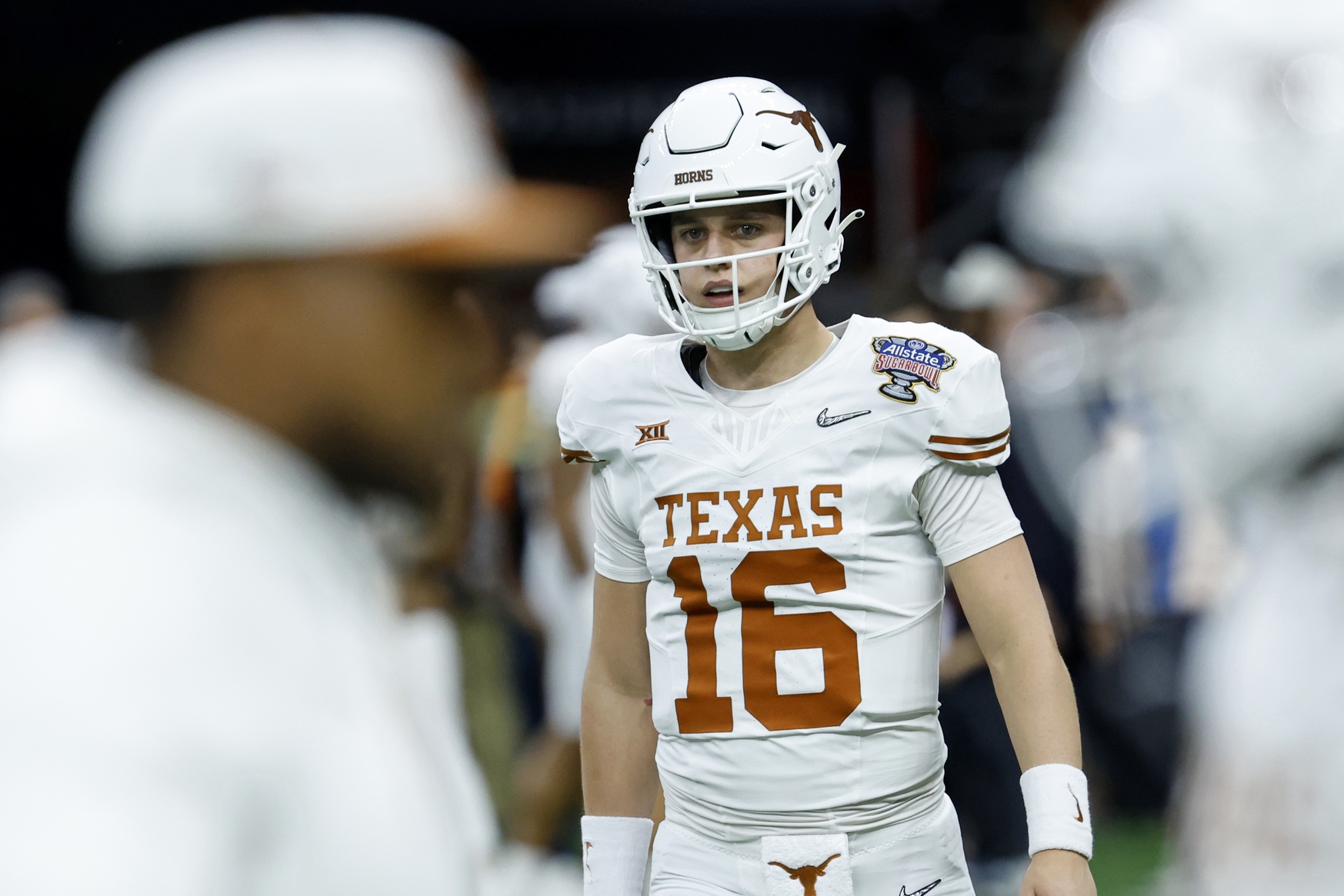It’s been a busy couple of weeks for EA Sports since the company released details about its upcoming college football video game, College Football 25, for which it will pay college athletes who opt in to allowing the use of their name, image, and likeness.
EA will send football players $600 and a free copy of the game, and provide NIL opportunities to college athletes (including nonfootball players) to promote the game—but players will not receive royalties for their participation. Some have viewed the arrangement as a win—after all, the 2014 lawsuit filed by former UCLA basketball star Ed O’Bannon against EA essentially sparked today’s NIL revolution—but others, like those with the College Football Players Association, say the lack of royalties equates to college athletes “being treated like children.”
“We say the market should decide what players should be compensated, and the way you do that with a group licensing deal is through royalties,” the CFBPA’s founder and executive director, Jason Stahl, tells Front Office Sports.
Stahl also criticizes the licensing firm OneTeam Partners, which negotiated the EA deal on behalf of the college athletes, an untraditional model in group licensing given the absence of an all-encompassing players union.
“This isn’t about judging a player’s decision [to opt in or not]. It’s about judging and critiquing the process through which this all happened,” Stahl says.
Against the backdrop of that pushback, EA announced Monday that more than 10,000 players have opted in to the game, including big names such as quarterbacks Quinn Ewers (Texas), Carson Beck (Georgia), and Jalen Milroe (Alabama). The company said it was 87% of the way to reaching its goal of 85-player rosters.
A major exception: On Monday, Anwar Richardson, who covers Texas football for Rivals, reported that Arch Manning will not opt in to the game, as he’s “focused on playing football on the field.” The Longhorns’ five-star backup behind Ewers signed a partnership with Panini in July, with all proceeds from the trading card’s sale going to charity. While Manning is expected to play behind Ewers for another season, Manning is still one of the biggest names in college football and a notable omission for EA, which has confirmed to ESPN that users will not be allowed to create a football player who does not opt in. In other words: Texas fans won’t be able to use a workaround to get Manning on their roster.
The changing backdrop of NIL
EA’s initial announcement of allowing college athletes to opt in for its game was followed a day later by a U.S. district judge in Tennessee taking away the NCAA’s power to enforce any of its NIL rules. And Tuesday, in New Hampshire, the Dartmouth men’s basketball team will hold a vote on unionizing, which is planned to be the first in NCAA history announced to the public.
College Football 25 is just another example of a rapidly evolving NIL landscape, challenging the norms of both amateurism and the NCAA itself.







![[Subscription Customers Only] Jun 15, 2025; Seattle, Washington, USA; Botafogo owner John Textor inside the stadium before the match during a group stage match of the 2025 FIFA Club World Cup at Lumen Field.](https://frontofficesports.com/wp-content/uploads/2026/02/USATSI_26465842_168416386_lowres-scaled.jpg?quality=100&w=1024)
![[Subscription Customers Only] Jul 13, 2025; East Rutherford, New Jersey, USA; Chelsea FC midfielder Cole Palmer (10) celebrates winning the final of the 2025 FIFA Club World Cup at MetLife Stadium](https://frontofficesports.com/wp-content/uploads/2026/02/USATSI_26636703-scaled-e1770932227605.jpg?quality=100&w=1024)








